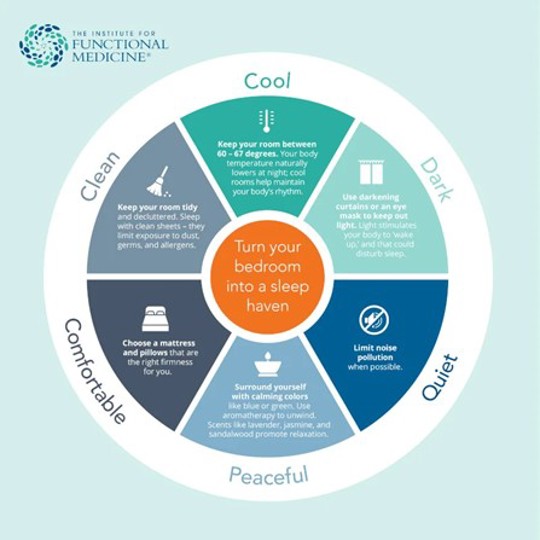
Respondr Mondays - Sleep Hygiene
Published by Respondr 2 min readRespondr Nudges - Sleep Hygiene
In the high-intensity world of first responders, sleep isn't just a luxury—it's an essential component of performance, health, and well-being. Understanding and implementing sleep hygiene can be a game-changer. This post delves into practical tips for establishing better sleep routines and creating an optimal sleep environment, especially tailored for the unique demands of first responders.
The Respondr Nudge
- Set a 'Wind-Down' Alarm: Program an alarm or notification on your phone or watch for an hour before your intended bedtime. This acts as a nudge to start your pre-sleep ritual, such as dimming the lights, engaging in a relaxing activity like reading or stretching and disconnecting from electronic devices.

Why Sleep Hygiene Matters for First Responders
First responders face irregular shifts, prolonged hours, and high-stress situations, all of which can significantly disrupt sleep patterns. Good sleep hygiene, which involves habits and practices conducive to regular, restful sleep, is critical for cognitive function, emotional resilience, and physical health. Without it, the risk of fatigue, decreased alertness, and impaired decision-making rises, not to mention long-term health consequences.
Tips for Better Sleep Routines
- Create a Pre-Sleep Ritual: Engage in relaxing activities before bed, like reading or gentle stretching. This helps signal to your body that it's time to wind down.
- Limit Exposure to Screens: The blue light emitted by phones, tablets and computers can interfere with your ability to fall asleep. Try to avoid these screens at least an hour before bedtime.
- Be Mindful of Food and Drink: Avoid large meals, caffeine and alcohol before bedtime as they can disrupt sleep.
- Physical Activity: Regular physical activity can promote better sleep. However, avoid being overly active close to bedtime.
Creating a Better Sleep Environment
- Optimize Your Sleep Space: Ensure your bedroom is dark, quiet and cool. Consider using blackout curtains, eye masks, earplugs or white noise machines.
- Invest in Comfortable Bedding: The right mattress and pillows can make a significant difference in your sleep quality. Choose bedding that supports your preferred sleeping position and comfort.
- Control the Room Temperature: A slightly cooler room can aid in better sleep. Experiment with temperatures to find what's most comfortable for you.
- Limit Bedroom Activities: Reserve your bedroom primarily for sleep and intimacy. Avoid working, eating or watching TV in bed to strengthen the association between your bedroom and sleep.
For first responders, mastering sleep hygiene isn't just about personal comfort; it's a critical aspect of job performance and overall health. By adopting these sleep hygiene tips, you can improve both the quality and quantity of your sleep, even with the demanding and unpredictable nature of first responder work. Remember, prioritizing sleep is not a sign of weakness; it's an essential strategy for maintaining your readiness and resilience on the job.